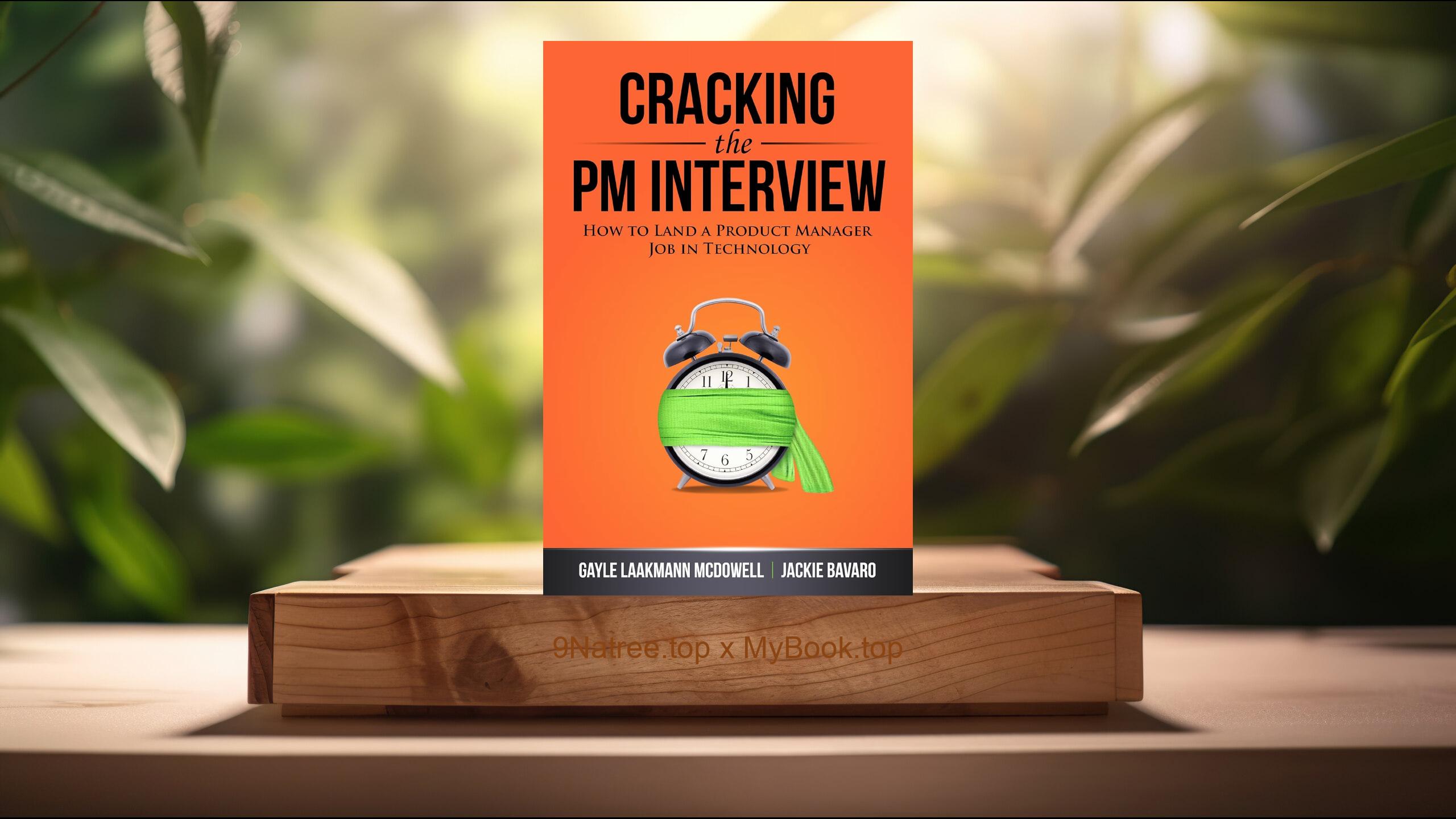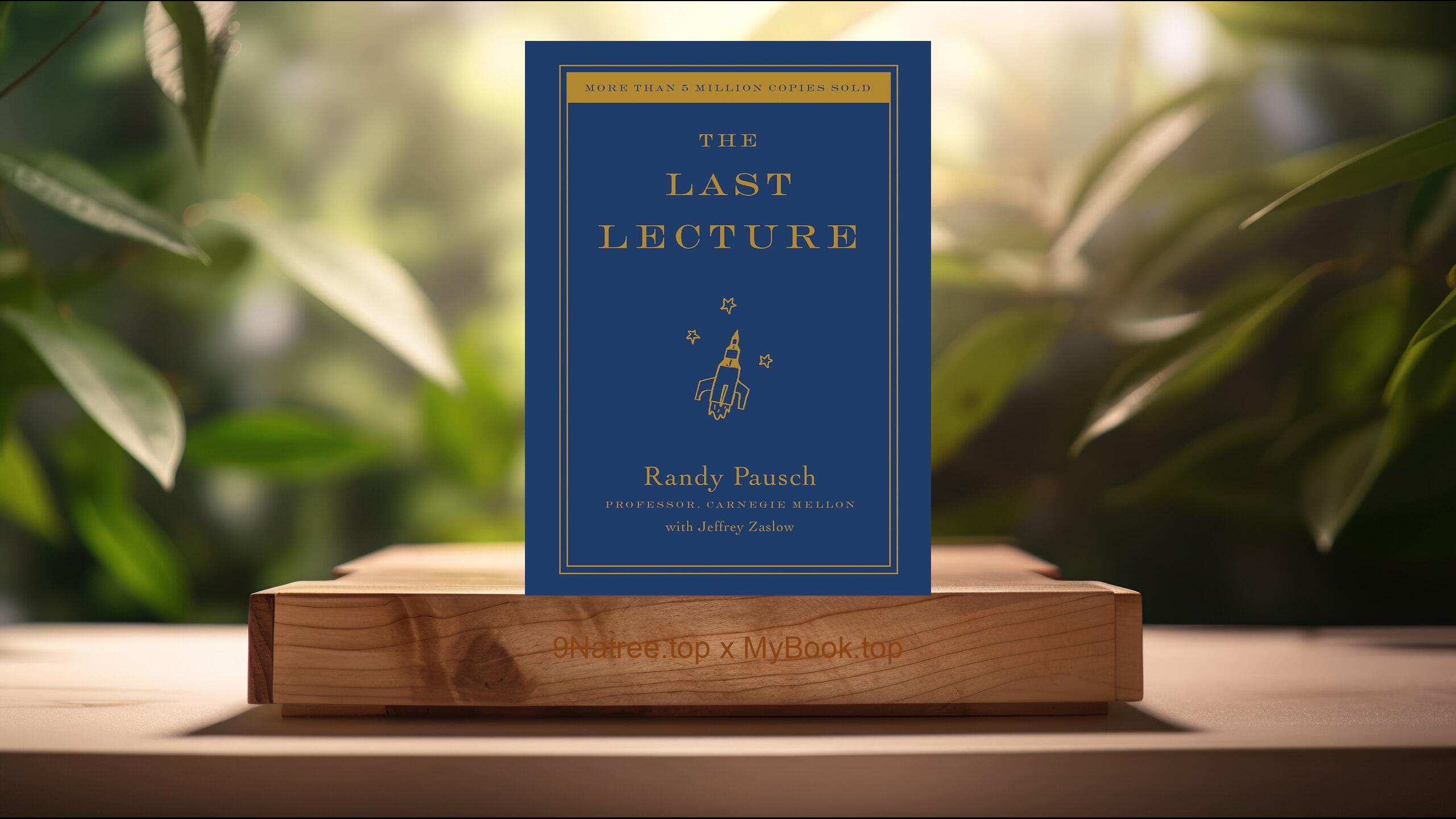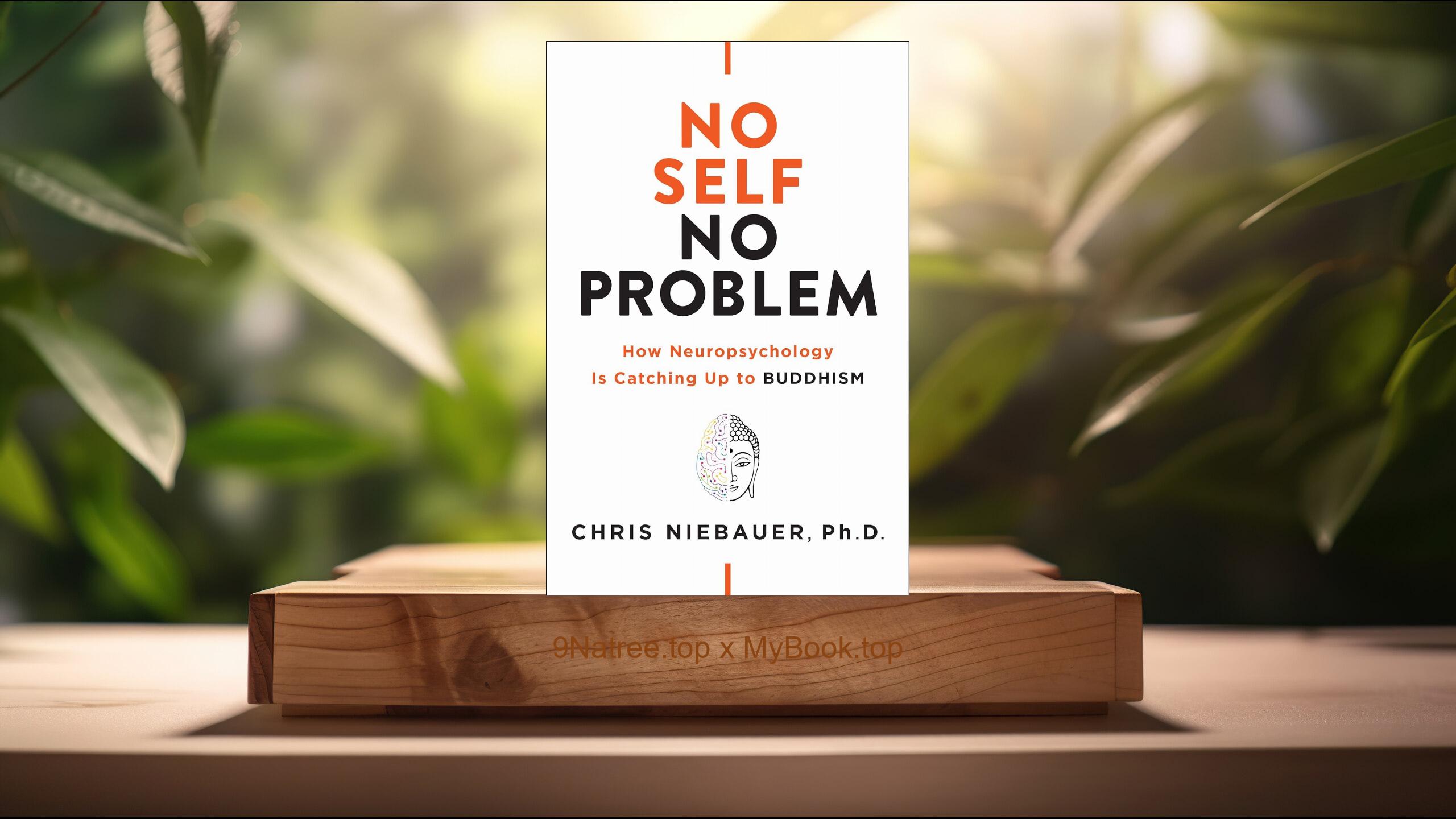Show Notes
- Amazon Books: https://www.amazon.com/dp/0593420322?tag=9natree-20
- Apple Books: https://books.apple.com/us/audiobook/trust/id1637453746?itsct=books_box_link&itscg=30200&ls=1&at=1001l3bAw&ct=9natree
- eBay: https://www.ebay.com/sch/i.html?_nkw=Trust+Hernan+Diaz+&mkcid=1&mkrid=711-53200-19255-0&siteid=0&campid=5339060787&customid=9natree&toolid=10001&mkevt=1
- Read more: https://mybook.top/read/0593420322/
#HistoricalFiction #WealthandPower #AmericanDream #NarrativeStructure #TrustandDeception #Early20thCenturyAmerica #PulitzerPrizeWinner #Trust
These are takeaways from this book.
Firstly, The Structure of 'Trust', Hernan Diaz’s 'Trust' is notable for its unique and innovative structure, which plays a crucial role in how the story's themes and narratives are conveyed to the reader. The novel is divided into four distinct parts, each offering a different perspective on the lives of its central characters, particularly a wealthy financier named Andrew Bevel and his wife, Mildred. This fragmented approach not only challenges the reader's perception of reality and fiction but also allows Diaz to explore the multifaceted nature of truth and deception. Through this structure, the novel delves into the complexities of narrative authority, highlighting how stories are shaped, manipulated, and interpreted in various contexts. The use of different narrative voices and formats, including a novel within a novel, memoirs, and an unpublished manuscript, serves as a testament to the flexibility of storytelling and its power to construct, deconstruct, and reconstruct identities and histories.
Secondly, Themes of Wealth and Power, In 'Trust', Hernan Diaz embarks on an incisive exploration of the themes of wealth and power in early 20th-century America, painting a vivid picture of a society where economic prosperity is both a beacon of opportunity and a source of corruption. Through the story of Andrew Bevel, a Wall Street magnate, and his encounters within the financial sector, Diaz critiques the American Dream, scrutinizing the moral and ethical compromises individuals make in pursuit of wealth. The novel probes into the intricate dynamics between wealth and individual identity, revealing how financial success can shape perceptions, relationships, and societal status. Diaz does not merely depict the lavish lifestyles afforded by wealth but also interrogates the isolation, deceit, and manipulations endemic to the pursuit and maintenance of power. This theme resonates throughout the narrative, inviting readers to reflect on the true cost of financial ambition and the elusive nature of genuine human connection amidst the opulence.
Thirdly, The Illusion of Trust, At the heart of Hernan Diaz's Pulitzer Prize-winning novel is the fragile and often illusory nature of trust, particularly within the contexts of marriage, business, and societal relations. Through the convoluted relationship between Andrew Bevel and his wife, Mildred, along with their interactions with others, Diaz dissects the complexities underlying trust. The novel suggests that trust is not merely a foundation for personal relationships but also a commodity that can be manipulated in the financial markets and among the social elite of early 20th-century America. Diaz explores how trust, or the lack thereof, shapes characters' decisions, drives the plot, and influences the narrative's various iterations of truth and deception. The portrayal of trust as something that can be constructed and deconstructed, much like the stories within the novel, invites a deeper contemplation of its significance in both personal and broader societal contexts.
Fourthly, Narratives and Identity, Diaz's 'Trust' meticulously examines the role of narratives in constructing and deconstructing identities. Through the multifaceted stories of its characters, especially the reclusive wife, Mildred, the novel showcases how individuals can curate their identities, histories, and legacies through the stories they tell about themselves and those told about them. Diaz uses narrative as both a thematic exploration and a structural device, allowing for a multifaceted portrayal of identity formation and reformation in response to societal expectations, personal desires, and the unreliability of memory and perception. The novel's structure, comprising different narrative forms, underscores the idea that identity is fluid and multifacultural, influenced by both internal desires and external perceptions. This exploration invites the reader to consider the power dynamics involved in storytelling and the ways in which narratives can validate, erase, or reconstruct one's sense of self.
Lastly, The American Dream Revisited, Diaz revisits the American Dream in 'Trust', casting a critical eye on this enduringly complex concept, particularly in the context of the early 20th century's financial boom and subsequent depressions. By focusing on Andrew Bevel's rise to wealth and his subsequent navigation through the echelons of high society, Diaz delves into the aspirations, deceptions, and disillusionments intrinsic to the American Dream. The novel presents a nuanced perspective on this dream, highlighting both its motivating allure and its potential to mislead and corrupt. Through the lives of its characters, 'Trust' interrogates the ideals of success, freedom, and prosperity that define the American Dream, questioning the ethical and personal costs of pursuing such ideals. Diaz's narrative suggests that while the dream might propel individuals towards achievement and success, it also perpetuates cycles of greed, betrayal, and moral compromise, ultimately challenging readers to reconsider the true meaning and value of pursuing the American Dream.
![[Review] Trust (Hernan Diaz) Summarized](https://episodes.castos.com/660078c6833215-59505987/images/1767772/c1a-085k3-p8d1400dhnv3-wfy7x4.jpg)




